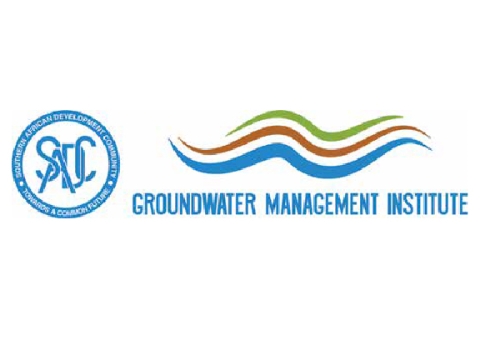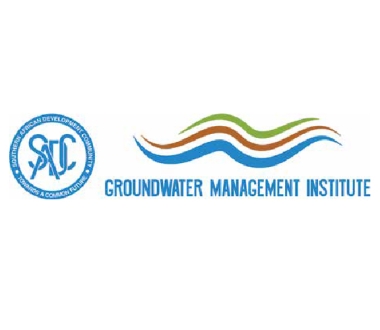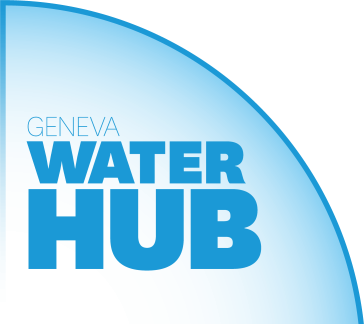
4th Virtual Round Table on Digitalisation for Transboundary River Basin Development Organisations: Knowledge exchange with the SADC Groundwater Management Institute (SADC-GMI)

Impact

Le 24 février 2021, un échange virtuel de connaissances avec l'Institut de gestion des eaux souterraines de la SADC a rassemblé plus de 70 participants, principalement d'Afrique, y compris du groupe régional travaillant actuellement sur la coopération transfrontalière dans le bassin aquifère Sénégal-Mauritanie (SMAB).
It was the fourth virtual roundtable of the series on Digital Transformation Challenges and Opportunities for West African River Basin Development Organisations (RBDOs), co-organised by the Pôle eau de Dakar and the Geneva Water Hub, on the initiative of the Gambia RBDO (OMVG) and in partnership with several global and regional partners, to explore how the digital transformation can help Transboundary RBDOs boost their power as connectors and catalysts for prosperity and peace, while managing inherent risks and barriers including cybersecurity.
Les apprentissages et réflexions issus de ce programme virtuel auquel ont déjà participé plus de 500 personnes viendront enrichir un document de discussion de prospective stratégique préparé sous l'égide de l'Observatoire mondial de l'eau et de la paix. En outre, sur la base de ces échanges, une action pilote a été lancée en janvier 2021 pour soutenir l'OMVG et ses États membres afin d'améliorer la gestion intégrée des données (y compris les eaux souterraines), en utilisant des outils et des méthodes numériques qui peuvent être reproduits dans d'autres bassins hydrographiques, y compris le SMAB.
In the West African context, there is strong interest in learning from the successful experience of the Groundwater Management Institute of the Southern African Development Community (SADC-GMI) to improve groundwater management in SMAB region and beyond in the Sahel. Topics discussed during the roundtable included (i) SADC-GMI experience with knowledge, capacity and financing at national and regional levels (including through digital platforms and for young professionals); (ii) use of digital technologies and participatory approaches (including for its regional groundwater portal, community of practice and private sector platform); (iii) transboundary aquifer management in the Limpopo River Basin; and (iv) how SADC-GMI plans to harness new approaches and innovations. In addition, UN-IGRAC shared its experience with Groundwater data sharing in SADC since 2010.
The richness of the dialogues resulted in a fruitful and inspiring exchange. Proposals are being drafted for continuing and deepening this dialogue. Indeed, groundwater though invisible is a key instrument for sustainable peace and prosperity in the context of the climate, security, demographic and digital challenges of the 21st century. The preliminary documents are available below.

